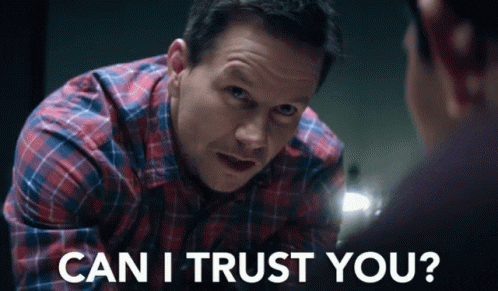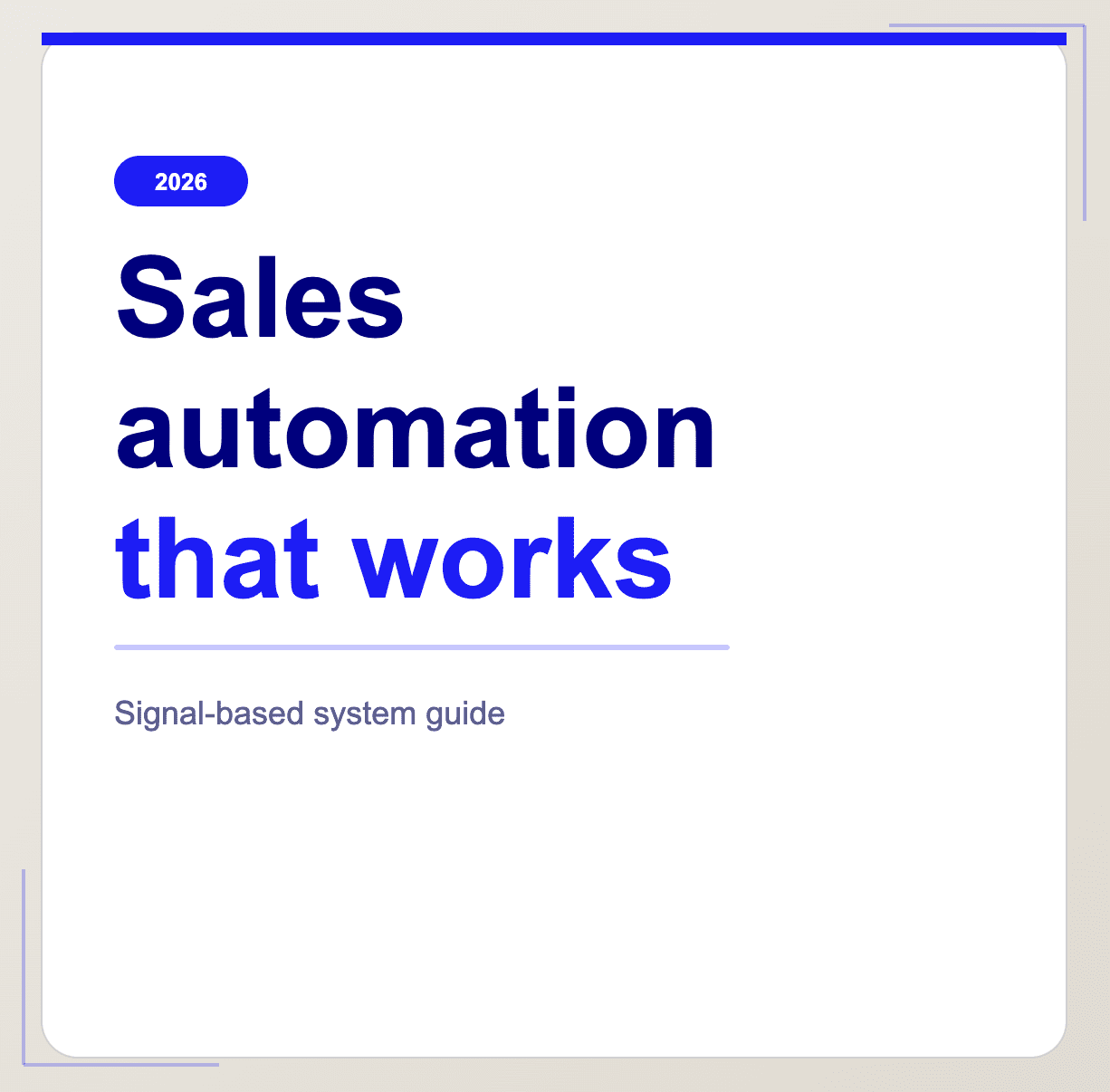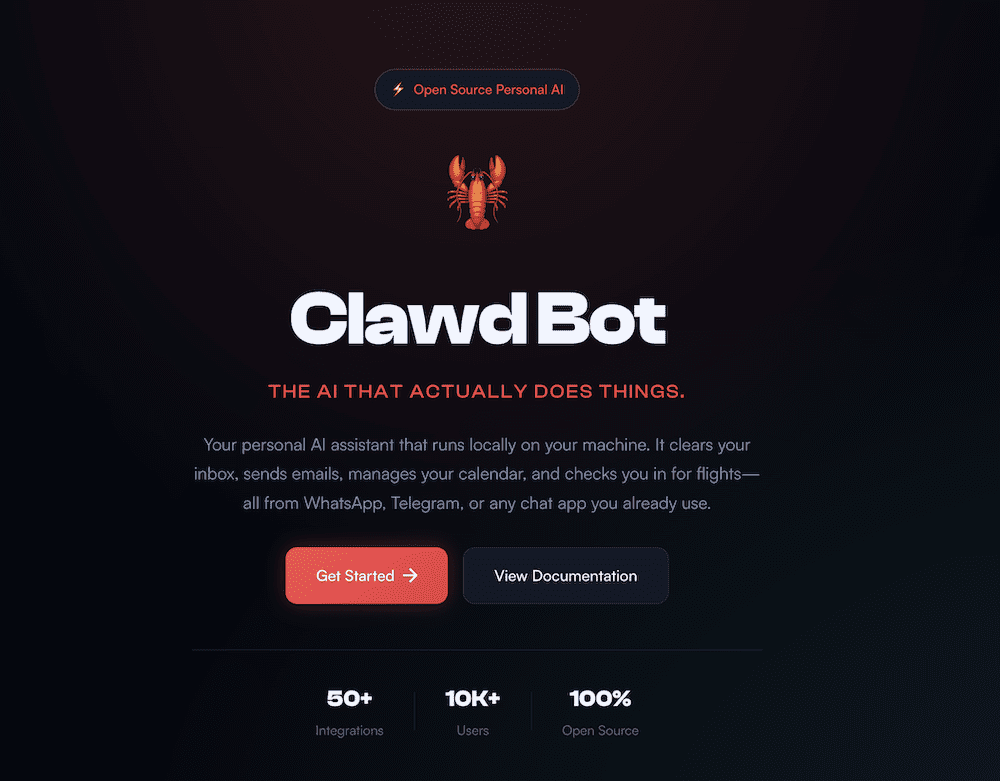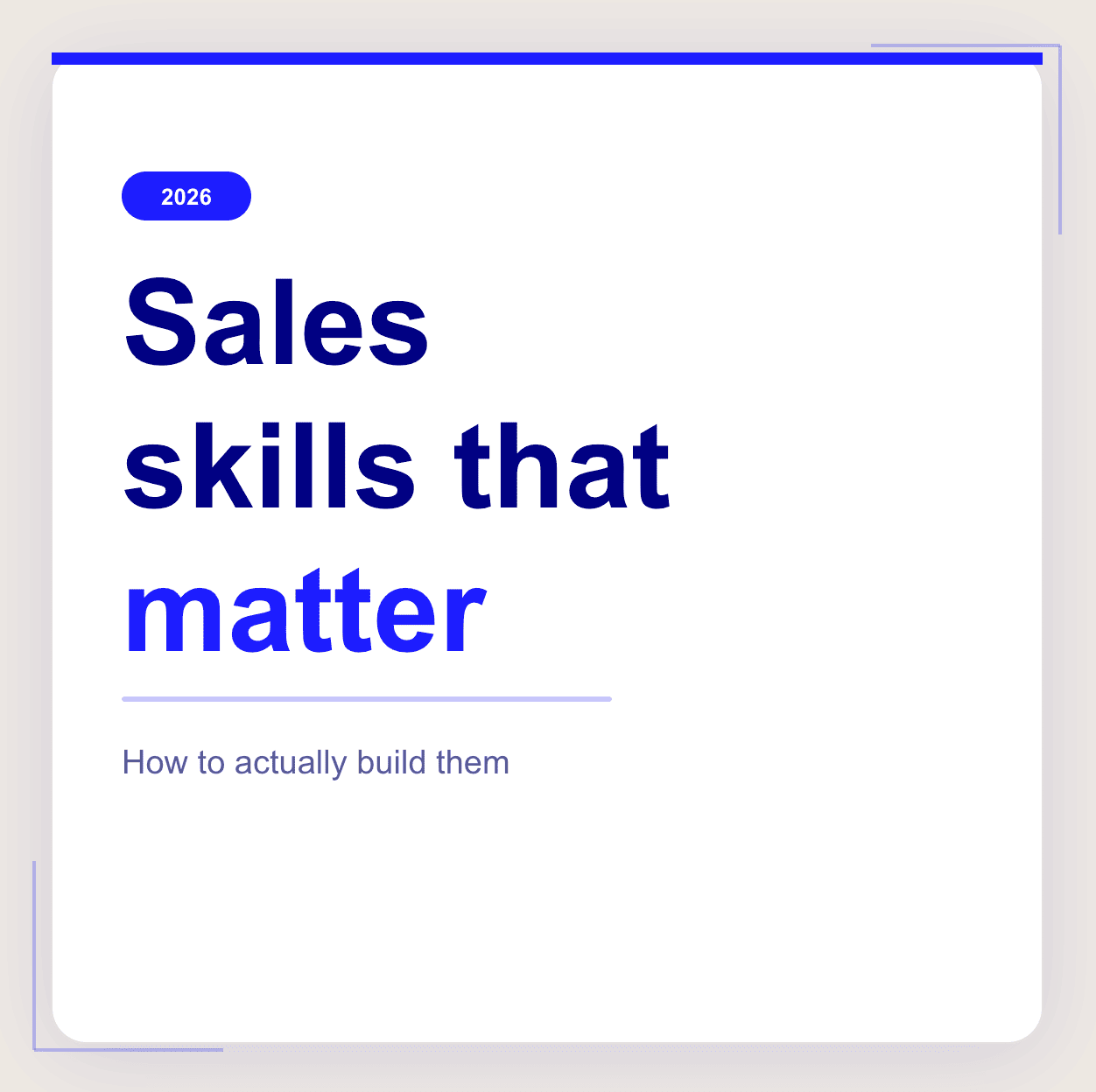Suppliers are a critical cog in the sales machine. Without them, you’re selling something you don’t have. But choosing a good supplier isn’t always easy. In fact, it’s often a minefield.
With the following tips and warnings, you should be able to safely navigate your supplier minefield and come out looking rosy.

Firstly though, wasn’t there something about video calls?
Why Are Video Calls Useful For Building Stronger Customer-Supplier Relationships?
That’s right. Meet the dark horse of tight-knit customer-supplier relationships: video calls. While face-to-face interactions are ideal, they’re not always possible. Let’s say you’re shipping in wine and it’s from a beautiful little vineyard in France, the chances are you won’t be able to go out and meet them in person.
That’s a shame. But it’s not the end of the world. Ordinarily, you might drop them an email, hop on a phone call, and talk business. But this way is dangerous. There’s a lot that can go wrong, and there’s a ton of stuff you can’t really gauge from a simple phone call.
A video call, however… Now we’re talking.

The Benefits of Video Calls For Building Stronger Relationships With Suppliers
If you arrange a video call with your supplier, not only can you talk business, but you can see them. You can get a feel for their demeanor and character, see what their attitude is like and if it’s a good fit for your company, and make a more rounded decision about whether this is somebody you want to do business with.
With video calls, you can also record them with a meeting recorder like tl;dv, empowering you to rewatch the calls and analyze your supplier’s body language. What are they thinking but not saying?
A Word on Privacy
Always make sure that all meeting participants agree to being recorded before capturing any footage. Consent is important and nobody should be recorded without first giving it.
You can record on Zoom without permission (from the app), but you should still always get permission from the participants.
With that out the way, here are several benefits of using video calls to build stronger relationships with suppliers.
1. Face-to-Face Interaction
You might not be talking in the same physical space, but with the magic of video calls, you may as well be. They allow for real-time face-to-face interactions, which are often more personal and engaging than traditional phone calls or emails.
Seeing each other’s expressions, body language, and gestures can help establish a deeper connection and understanding between the parties involved. It’s the closest thing we currently have to being in the same room at the same time.

2. Improved Communication
Video calls enable clearer and more effective communication compared to audio-only calls. Participants can clarify doubts, ask questions, and provide explanations in a more natural and comprehensive manner, reducing the chances of misunderstandings and misinterpretations.
It’s also a more natural way of communicating. When people feel more comfortable, they become more genuine. This is a great stepping stone to a deeper relationship.
3. Building Trust
In a similar way, face-to-face interactions can help build trust and rapport between customers and suppliers. Trust is essential in any business relationship (or any relationship at all for that matter), and being able to see each other during video calls can create a stronger sense of accountability and commitment.
It’s also helpful as most of what people communicate comes through expressions and non-verbal tics rather than the actual words themselves.

4. Enhanced Problem Solving
When facing challenges or resolving issues, video calls can be more efficient than exchanging multiple emails or messages. Real-time discussions with visual aids can lead to quicker problem-solving and decision-making processes.
This is always valuable, but it’s particularly important if you bump into problems in your supply chain. If you don’t get them solved quickly, your whole business can come skidding to a halt.
5. Demonstrations and Training
For certain products or services, video calls can be used to provide live demonstrations or training sessions. This interactive approach can help customers better understand how to use products effectively, leading to higher satisfaction levels.
And you know what’s better than a simple video call? A video recording! tl;dv enhances the onboarding process tenfold because it allows you to create highlight reels and clips to quickly introduce new employees to all they need to learn. This can also be used to continuously grow your team’s knowledge by having regular training videos that integrate the most successful sales techniques. Although, this software is far from just for sales.
@tldv.io Onboarding is never that smooth #workfromhome #onboarding #corporate
♬ original sound - tldv.io - AI Meeting Recorder
6. Time and Cost Savings
Video calls can save time and money for both customers and suppliers. Travel costs and time spent during on-site visits can be reduced, making it easier to conduct frequent meetings and maintain regular communication.
This is key to maintaining a healthy business relationship. Frequent updates and regular communication. This is definitely one you don’t want to understate.
7. Global Reach
As mentioned with our French wine example, video calls allow you to break down geographical boundaries and allow businesses to interact with customers and suppliers from around the world without the need for physical presence. This opens up opportunities for international collaboration and expansion.
This is particularly useful if you’re looking to grow your business. It’s also linked to a red flag that we’ll discuss soon…
8. Feedback and Improvement
These calls won’t usually be directly with the supplier, but with your customers. They can give you useful insights about how the delivery was, whether the product was in good condition, etc. This allows you to then use the feedback to make necessary improvements and demonstrate to the customers that their opinions are valued.
Things to Look Out For
The war in Ukraine has cut off a lot of supply with Russia, while the pandemic delayed trade with China. These interruptions to the supply chain can and will affect your business. 64% of retailers were challenged to adapt their supply chain for ecommerce during the pandemic, but it’s not just global events that affect supply. Lots of things can have an impact. Because of this, you want to forge a relationship that’s rock solid.
Not everyone deserves your business. Here are four BIG warning signs that you should be aware of when meeting with a new supplier.

1. Minimal Experience In Your Niche
While everybody has to start somewhere, it’s wise to choose a supplier that already has experience in your line of production. The less your supplier needs to learn, the better and quicker they can reach optimal performance. What you don’t want is for your supplier to agree to supply your product, only to realize at a later date that they can’t ship enough of one of the key components.
If you still like the ethos of the suppliers, or if you have other things you deem more important, like geographic location or work culture, you can try giving them a test run. Place a small order and see how well they hold up on a smaller scale.
2. Inability to Scale
If you’re in the business game, chances are you want to grow. By choosing a supplier that can’t match your scaling speed, you’re going to be held back and left feeling pretty frustrated. Before long, you’ll be searching for a new supplier who can actually fill your orders.
Why waste all that time when you could just choose a scalable supplier from the off? There is one caveat to this. Bigger suppliers tend to have a Minimum Order Quantity (MOQ), and if your volume drops for whatever reason, you’ll end up paying for unused stock. These MOQ’s are usually negotiable which is pretty good, but it’s worth remembering that most suppliers usually expect a larger first order, almost like a deposit. Choose your supplier wisely based on their ability to supply the volume you need, and the volume you aim to need in the future.

3. Too Many Clients
If you go for the busiest bee, you can’t complain when you don’t get the same level of attention as you would elsewhere. A lot of clients can make a supplier seem popular and like they know what they’re doing, but it’s often when there are too many clients that some of them become unhappy. The supplier’s staff get overworked and start making mistakes. It can be a terrible time to jump onboard.
However, don’t bounce off one side and shoot straight for the opposite. A supplier with too few clients isn’t gonna be any good for you either. The less clients a supplier has, the more likely it will not be making profit. You don’t want your supplier to go bankrupt when they’re supposed to be filling your order.
4. Ready to Work Without a Contract
The biggest of them all… If a supplier pushes you to an agreement without a professional contract, you’re better off just walking away. Stop yourself from making a hasty decision. You’ll thank yourself in the long run. It can be tempting to cut corners and save time, but without a contract, you can be left up sh*t’s creek without a paddle and a big ass hole in your boat.

If there’s any hesitancy whatsoever to legitimize a professional partnership with a contract, then cut your losses and get the hell out of there.
What Does the Future Hold for Supply Chains?
There are efforts underway to increase supplier security and enhance their transparency through blockchain technology, with companies like VeChain and Origin Trail leading the way. They can validate that products are legitimate and authentic by tracking the supply chain every step of the way. The importance of this is obvious for something like food where the ingredients need to be verified.
To revert to the wine example, you’ll be able to track every step of the process, from the picking of the grapes to the bottling of the wine, on the blockchain. That way, you’ll know it came from the place you were told. It will create a much-needed trustless system.
However, mainstream adoption and implementation of this kind of technology is still a way off. And in the meantime, you have to vet (pun intended) your supplier yourself and go off of gut instinct and reputation. This, again, is where video calls come in handy.
Start Recording Your Interactions With Your Supplier Today With tl;dv
If you can’t meet your supplier in person, which is often the case with bigger businesses, the next best thing is a video call. You can speak to them face-to-face, see their expressions, their attitude, their attentiveness to your needs, and more. It’s fairly easy to set up a business call too, as opposed to trying to meet a busy business person in person.
Even better, with tl;dv, you can record your video calls and rewatch them for a deeper analysis. You can get AI summaries and transcripts as well as leave timestamps at specific moments so that your whole team can catch up without needing to be involved in the meeting at all.
Download tl;dv for Zoom or get the tl;dv chrome extension for Google Meet and get started recording your calls today.





